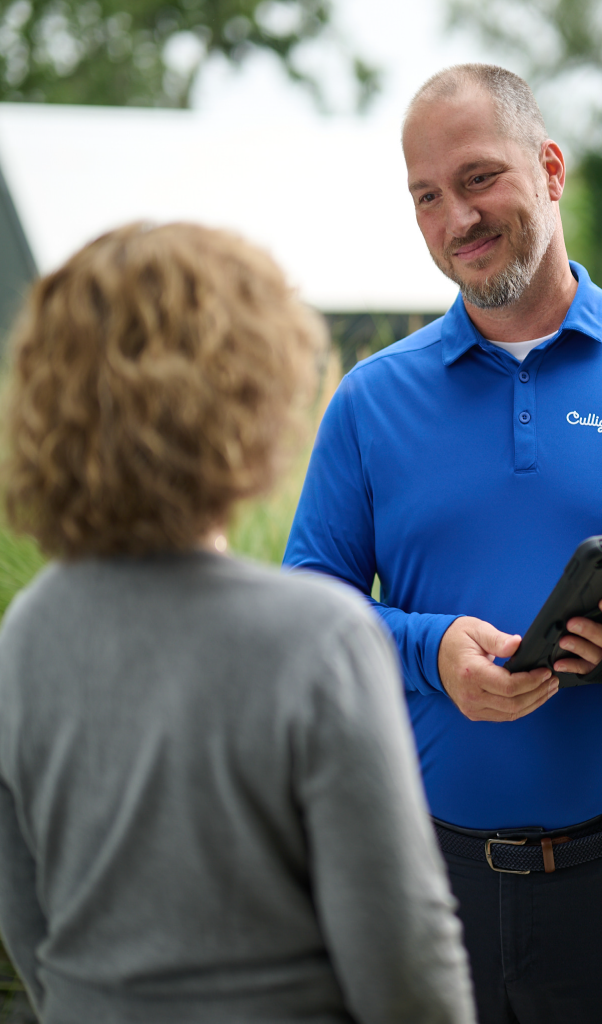Hard water is water which contains a high volume of mineral ions due to how the water has travelled through the Earth. Hard water is widespread across the UK due to our climate and the geological composition of our landscape.
Rainfall is formed of naturally soft water. But when rainfall travels through the ground, it sometimes picks up minerals along the way – leading to hardened water.
The minerals in hard water include magnesium and calcium, which makes it hard to form a soap lather. This can often make water seem cloudy and is responsible for causing limescale to form.
How does this differ from soft water?
Soft water, on the other hand, contains little or no dissolved calcium or magnesium and forms a soap lather much more easily. As no salts are present, naturally soft water does not contribute to the formation of limescale. This is the main difference between hard water and soft water.









